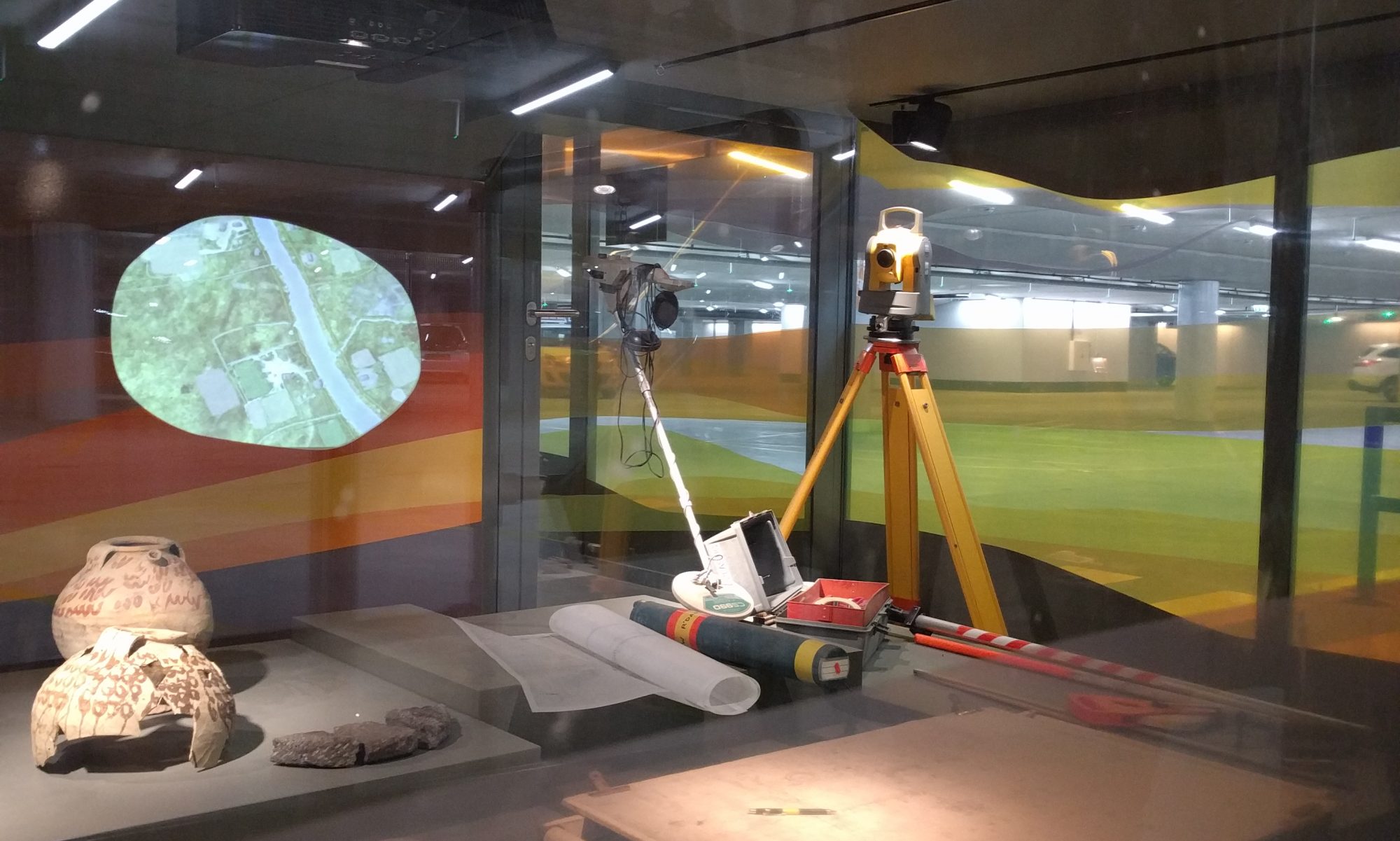This is a working-conference. There won’t be any paper presentations.
We have invited a number of specialists from different parts of the world, in order to compare and discuss different situations, and to help generate discussion about how archaeological heritage management teaching and learning might look and develop in the Finnish context. The aim of this working-conference is to identify and discuss the key components or common denominators for teaching archaeological heritage management.
The conference will be divided into four distinct but connected themes:
- Teaching and Training
- Research
- Policy
- Practice
Each of these themes will be introduced by a keynote, after which there will be four breakout sessions. These sessions or discussion groups will delve deeper into the theme.
We have divided the sessions in the different scales on which one can deal with heritage management:
- World Heritage
- Transnational heritage
- National heritage
- Local heritage
This means that we will have four sessions about archaeological heritage management on a World Heritage, transnational, national and local scale, each time approached from a different perspective: Policy, Practice, Research, Teaching&Training.
The sessions topics are explained as follows:
- World Heritage. Within each of the four main themes, World Heritage has its own dynamic with its own research requirements as stated in the WH Convention; specific Master’s Degree programmes, chairs and training that are primarily aimed at dealing with World Heritage; the WH Convention and other ensuing policies.
- Transnational heritage. With transnational heritage we do not just aim to address serial or transnational heritage sites, we especially wish to address the growing role of multinationals (including development banks etc) and their influence on heritage management. These companies and institutions have their own guidelines, practices and reasons for dealing with cultural heritage in the places where they work or provide funding.
- National heritage. In these sessions archaeological heritage management on a national level, for instance regarding the selection process, the national research agenda, legislation and policy are key issues.
- Local: In these sessions archaeological heritage management on a local level, for instance regarding the selection process, the national research agenda, legislation and policy are key issues.
Our team of experts that will deliver the keynotes and chair the breakout sessions:
| Alicia Castillo Mena | Complutense University of Madrid, Spain |
| Margaret Gowen | EAA Board member |
| Visa Immonen | University of Helsinki, Finland |
| Olli-Paavo Koponen | Technical University Tampere, Finland |
| Susan Keitumetse (keynote speaker) | University of Botswana, Okovango Research Institute |
| Eerika Koskinen-Koivisto | Jyväskylä University, Finland |
| Tuuli Lähdesmäki | Jyväskylä University, Finland |
| Ulla Lähdesmäki (keynote speaker) | Pirkanmaa Provincial Museum / University of Turku |
| Päivi Maaranen | Finnish National Board of Antiquities |
| Aron D. Mazel (keynote speaker) | University of Newcastle, UK |
| Arkadiusz Marciniak | Adam Mickiewicz University, Poznań, Poland |
| Akira Matsuda | Tokyo University, Japan |
| Eija Ojanlatva | Siida, Finland |
| Miia Perkkiö | Suomenlinna World Heritage Site |
| Tapio Salminen | Tampere University, Finland |
| Assaad Seif | Lebanese University Beirut, Lebanon |
| Helaine Silverman (keynote speaker) | University of Illinois at Urbana-Champaign, USA |
| Tanja Vahtikari | Tampere University, Finland |
| Cheryl White | Anton de Kom University, Surinam |
